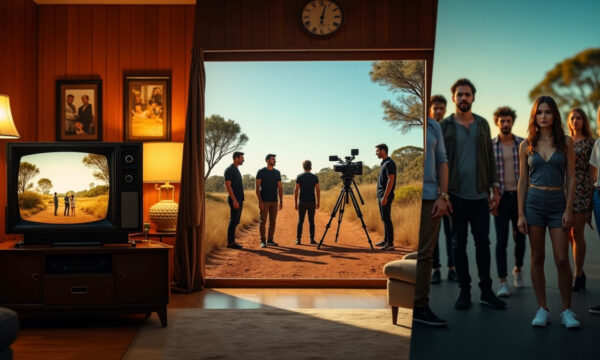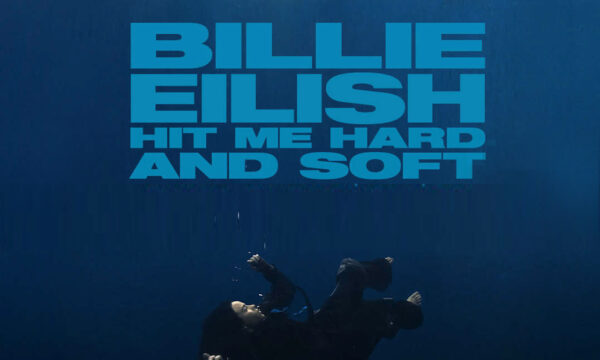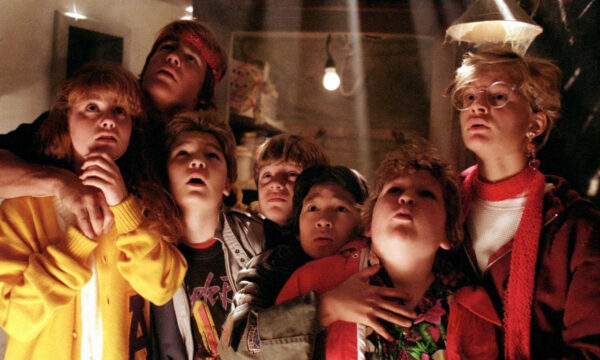The top five family tree research mistakes beginners make

So you’re fired up with a new-found enthusiasm for researching your family tree. However, beware, out there lies dragons. It’s easy to make elemental mistakes which can rapidly drain your enthusiasm as well as costing you time and energy.
One mistake many people make is to assume those old videotapes of family trips, major milestones and daily experiences will be around forever. Start your research journey by digitising these videos using a VHS to Digital conversion service.
If you’re new to researching your family tree, however, you should look to avoid these mistakes to ensure your search is successful and fun. Listed below are a few of the most commonly encountered mistakes people make when researching their genealogy.
1. Forgetting your existing relatives
Mapping out an entire family tree with its myriad of unexpected branches can be an exciting, addictive and fascinating hobby. Each tentative link you identify through your research can lead to new and previously unsuspected ancestors, charming stories and an intimate sense of your place in your family’s history.
Sit down with your more distant, far-flung members of your extended family. Interview them and record their stories and anecdotes for your family log. Most of your relatives will be eager to cooperate in having their memories recorded for posterity, given the right encouragement.
Another mistake many people make is not converting their old VHS tapes into a newer, easier to access digital format. Magnetic tapes are prone to dust and mould and have a limited lifespan. As part of your research, convert your VHS tapes and 8mm film. It is an easy and inexpensive process. It will also encourage your relatives to lend you their precious tapes.
2. It must be accurate if it’s on the internet
The Internet is an invaluable research tool in tracing your family genealogy. However, Internet information, as with any other published source should be approached with a degree of scepticism.
Even if the information you come across appears to match your family records or anecdotes, don’t take it for granted. While digitised records are usually reasonably accurate, they can become less reliable the more removed they are from the original document.
Check the original data or records first-hand. Verify the details of your family tree by visiting the cemetery, church or courthouse where the primary source document originated to see for yourself.
3. Don’t believe every printed source
These days, many family genealogies have been mapped out and even published. However, don’t make assumptions about the accuracy of these printed sources. Family histories making use of transcriptions from cemetery records, census data, a relative’s will or court records may be missing key information or can contain transcription errors.
Beware making invalid assumptions about relationships or dates which have not been explicitly stated and backed up by documented sources.
4. Never accept family anecdotes as fact
Most families have anecdotes or stories which have been handed down from generation to generation. While these family stories can provide useful clues to focus your research, you need to adopt an open mind in approaching them.
Just because family legend says that an event or relationship occurred in a particular way or chronological order that way, doesn’t make it so. While many family stories have their geneses in fact, your connection to war heroes, famous ancestors and even your family surname and nationality changes should be verified.
5. Don’t get distracted by the possibility of having a famous relation
It’s very human to want to be able to claim descent from a famous relative. Often people’s jumping-off point is an interest in exploring whether they potentially share a surname with a famous ancestor.
While this can turn out to be true, try not to jump to premature conclusions. Always start your research with the generation of your family tree and work your way backwards. To prove your family links to a famous relative, look at the primary documents for yourself, rather than accept secondary sources at face value.
One final tip: don’t restrict your search to a single surname spelling
Way back when many of our ancestors adopted multiple spelling for their names. Moreover, as literacy was less common than it is today, both first names and surnames are commonly misspelled in official records.
If you omit to include a range of possible spellings, when searching for your ancestors, you’re probably missing out on a lot of interesting information. Frequently, sometimes names on a document were written phonetically as they sounded. Remember to try a range of alternate variations on a name – including suspected nicknames married names, maiden names and even middle names.
Final observation
As you gradually learn to navigate the ocean of information available to you, take the time to preserve your personal history. Websites such as https://www.tapestodigital.co.uk can help you preserve your old VHS tapes using modern digital formats for the benefits of future generations. Many of the tapes are approaching the end of their lives and are falling prey to mould and age and are in danger of being lost to future generations.
The editorial unit
























Facebook
Twitter
Instagram
YouTube
RSS